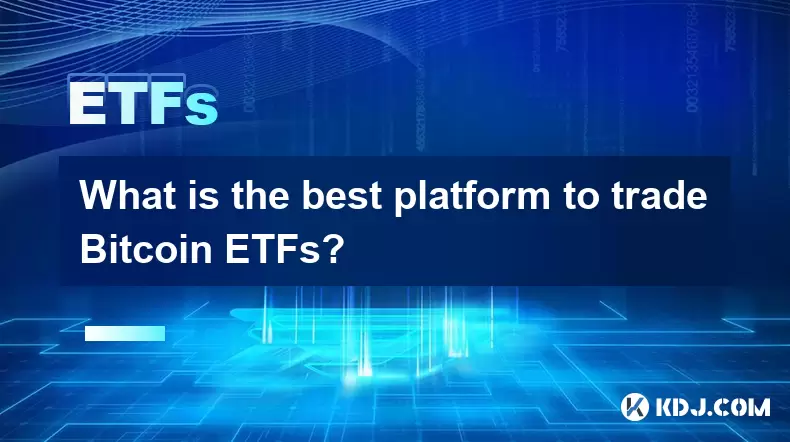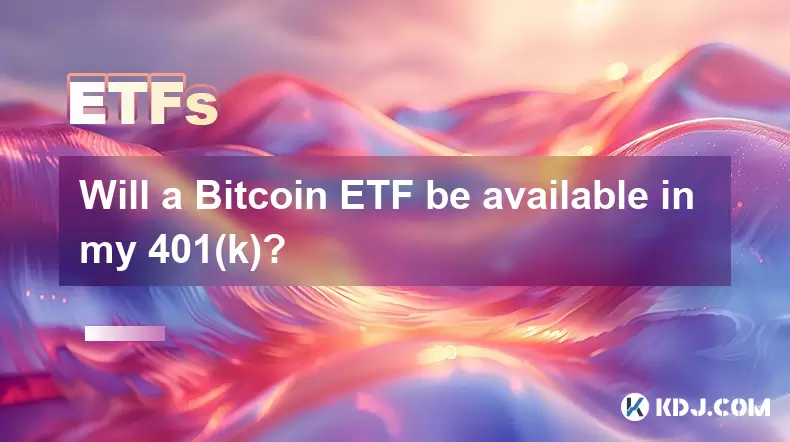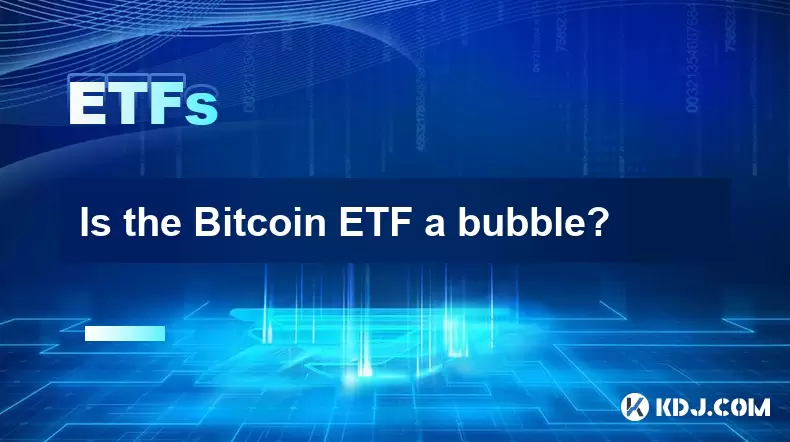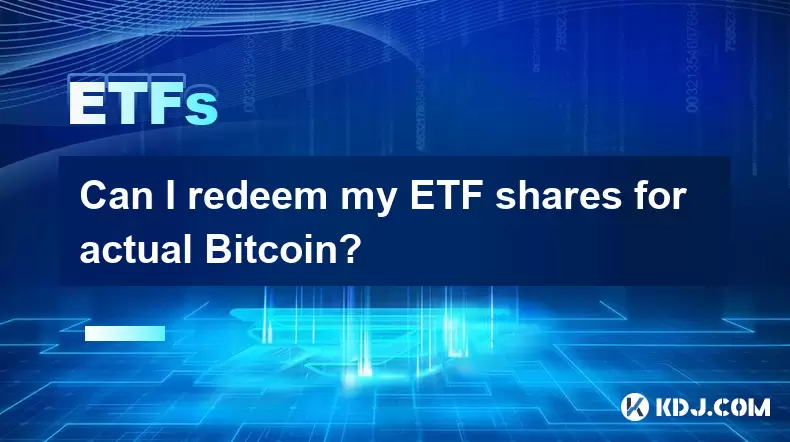-
 Bitcoin
Bitcoin $114400
1.85% -
 Ethereum
Ethereum $3496
2.62% -
 XRP
XRP $2.916
4.75% -
 Tether USDt
Tether USDt $0.9999
0.02% -
 BNB
BNB $751.9
1.74% -
 Solana
Solana $161.2
2.07% -
 USDC
USDC $0.9998
0.00% -
 TRON
TRON $0.3263
1.56% -
 Dogecoin
Dogecoin $0.1987
3.05% -
 Cardano
Cardano $0.7251
4.06% -
 Hyperliquid
Hyperliquid $38.43
4.78% -
 Stellar
Stellar $0.3966
8.00% -
 Sui
Sui $3.431
3.15% -
 Chainlink
Chainlink $16.27
4.03% -
 Bitcoin Cash
Bitcoin Cash $543.3
3.53% -
 Hedera
Hedera $0.2480
8.38% -
 Ethena USDe
Ethena USDe $1.001
0.03% -
 Avalanche
Avalanche $21.38
2.30% -
 Toncoin
Toncoin $3.640
3.41% -
 Litecoin
Litecoin $109.2
3.30% -
 UNUS SED LEO
UNUS SED LEO $8.956
-0.15% -
 Shiba Inu
Shiba Inu $0.00001219
3.22% -
 Polkadot
Polkadot $3.602
3.15% -
 Uniswap
Uniswap $9.153
4.03% -
 Monero
Monero $301.2
3.86% -
 Dai
Dai $0.9999
-0.01% -
 Bitget Token
Bitget Token $4.320
1.80% -
 Pepe
Pepe $0.00001046
4.06% -
 Cronos
Cronos $0.1321
5.83% -
 Aave
Aave $259.0
3.73%
Who are the main investors in a Bitcoin ETF?
Institutional investors, high-net-worth individuals, and accredited investors drive Bitcoin ETF demand, seeking regulated exposure to Bitcoin's potential, diversification benefits, and reduced risk compared to direct ownership.
Mar 18, 2025 at 08:36 am

Key Points:
- Institutional investors, including asset management firms and hedge funds, are significant players in the Bitcoin ETF space.
- High-net-worth individuals and accredited investors also represent a considerable portion of ETF investment.
- Exchange-Traded Funds (ETFs) provide indirect exposure to Bitcoin, attracting investors who may be hesitant to directly hold Bitcoin.
- Regulatory approvals and market sentiment heavily influence investment decisions.
- The potential for diversification and reduced risk compared to direct Bitcoin ownership is a major driver.
Who are the main investors in a Bitcoin ETF?
The investor landscape for Bitcoin ETFs is diverse, but several key player groups stand out. The most prominent are institutional investors. These include large asset management firms that manage billions of dollars in assets. They see Bitcoin ETFs as a way to offer their clients exposure to this burgeoning asset class without the complexities of direct Bitcoin ownership. Hedge funds, known for their sophisticated trading strategies, are also significant investors, aiming to capitalize on Bitcoin's price volatility.
Another major group is comprised of high-net-worth individuals and accredited investors. These individuals often seek alternative investment opportunities and view Bitcoin ETFs as a relatively accessible way to gain exposure to the cryptocurrency market. They may be attracted by the potential for high returns, but also recognize the inherent risks involved. Their investment strategies often involve diversification across various asset classes, with Bitcoin ETFs potentially forming a small, but impactful, part of their portfolio.
The relative ease of access to Bitcoin ETFs through traditional brokerage accounts is a key attraction. This contrasts with the complexities of setting up and managing a cryptocurrency wallet and navigating the often volatile world of direct Bitcoin trading. This ease of access opens the door to a wider range of investors who may not possess the technical expertise or risk tolerance for direct Bitcoin investment.
Regulatory approvals significantly impact investment flows into Bitcoin ETFs. Uncertainty surrounding regulatory frameworks can deter some investors, while clear approvals tend to attract considerable capital. A positive regulatory environment signals a degree of legitimacy and reduces perceived risk, making Bitcoin ETFs more appealing to a broader investor base.
Market sentiment plays a crucial role. Periods of bullish market sentiment, where the price of Bitcoin is rising, often see increased investment in Bitcoin ETFs. Conversely, bearish market sentiment, where the price is falling, may lead to some investors exiting their positions. This sentiment often reflects broader macroeconomic conditions and investor confidence in the cryptocurrency market as a whole.
The allure of diversification is another primary driver. Many investors seek to reduce risk by diversifying their portfolios across different asset classes. Bitcoin, with its historically low correlation to traditional assets, is seen by some as a potential diversifier. Investing in a Bitcoin ETF allows investors to achieve this diversification within the framework of a regulated and familiar investment vehicle.
The perceived risk reduction offered by Bitcoin ETFs compared to direct Bitcoin ownership also contributes to their appeal. ETFs are regulated investment products, unlike the often unregulated world of direct cryptocurrency trading. This regulatory oversight provides a layer of protection for investors, mitigating some of the risks associated with direct Bitcoin ownership, such as security breaches or loss of private keys.
Furthermore, the transparency offered by ETFs is a significant advantage. The holdings and performance of a Bitcoin ETF are publicly available, providing investors with greater clarity and accountability than is often the case with direct Bitcoin investment. This transparency fosters trust and reduces information asymmetry, potentially encouraging broader participation in the market.
Frequently Asked Questions:
Q: What are the risks associated with investing in a Bitcoin ETF?
A: While offering some risk mitigation compared to direct Bitcoin ownership, Bitcoin ETFs are still subject to market risks. Bitcoin's price can be highly volatile, leading to potential significant losses. Regulatory changes and market manipulation also pose risks.
Q: How do Bitcoin ETFs compare to investing directly in Bitcoin?
A: Bitcoin ETFs offer easier access and potentially reduced risk through regulation, but often come with higher fees than direct Bitcoin ownership. Direct ownership offers greater control but involves higher security risks and technical complexities.
Q: Are Bitcoin ETFs suitable for all investors?
A: No. Bitcoin ETFs, like any investment, carry risks. They are best suited for investors with a high-risk tolerance, a long-term investment horizon, and a good understanding of the cryptocurrency market. Investors should carefully consider their own financial situation and risk profile before investing.
Q: What factors influence the price of a Bitcoin ETF?
A: The primary factor is the underlying price of Bitcoin. However, other factors such as regulatory developments, market sentiment, trading volume, and ETF-specific fees and expenses can also influence the ETF's price.
Q: Where can I invest in a Bitcoin ETF?
A: Bitcoin ETFs are typically traded on major stock exchanges, and you can invest through a brokerage account that supports trading on those exchanges. However, availability depends on the specific ETF and your geographic location. The regulatory approval status of Bitcoin ETFs varies significantly by country.
Disclaimer:info@kdj.com
The information provided is not trading advice. kdj.com does not assume any responsibility for any investments made based on the information provided in this article. Cryptocurrencies are highly volatile and it is highly recommended that you invest with caution after thorough research!
If you believe that the content used on this website infringes your copyright, please contact us immediately (info@kdj.com) and we will delete it promptly.
- Bitcoin Price Wobbles: Options Analysis Points to Bullish Undercurrent Despite Dip
- 2025-08-04 04:30:12
- Ark Invest, Coinbase, and Bitcoin: Decoding the Crypto Investment Landscape in NYC
- 2025-08-04 04:30:12
- LILPEPE, Cardano, and Shiba Inu: The 2025 Crypto Landscape
- 2025-08-04 04:50:12
- Cold Wallet, Token Rewards, and Crypto Usage: A New Era?
- 2025-08-04 04:50:12
- Navigating the Wild West: Token Unlocks and Altcoin Surges - A Trader's Guide
- 2025-08-04 02:30:11
- AI, Crypto, and the Frontier: Riding the Wave of Innovation
- 2025-08-04 03:50:11
Related knowledge

What is the best platform to trade Bitcoin ETFs?
Jul 23,2025 at 04:14am
Understanding Bitcoin ETFs and Their Role in TradingBitcoin Exchange-Traded Funds (ETFs) have gained significant traction among traditional and crypto...

What is the best platform to trade Bitcoin ETFs?
Jul 17,2025 at 03:50pm
Understanding Bitcoin ETFs and Their Role in the MarketBitcoin Exchange-Traded Funds (ETFs) are investment vehicles that track the price of Bitcoin wi...

Will a Bitcoin ETF be available in my 401(k)?
Jul 17,2025 at 10:42pm
What is a Bitcoin ETF?A Bitcoin ETF (Exchange-Traded Fund) is an investment vehicle that tracks the price of Bitcoin without requiring investors to di...

Who is the authorized participant for a Bitcoin ETF?
Jul 18,2025 at 12:42am
Understanding the Role of Authorized Participants in Bitcoin ETFsIn the context of Bitcoin Exchange-Traded Funds (ETFs), an authorized participant (AP...

Is the Bitcoin ETF a bubble?
Jul 20,2025 at 06:57am
Understanding the Bitcoin ETF ConceptA Bitcoin Exchange-Traded Fund (ETF) is a financial product that aims to track the price of Bitcoin without requi...

Can I redeem my ETF shares for actual Bitcoin?
Jul 17,2025 at 03:14pm
Understanding ETF Shares and Their Relation to BitcoinExchange-Traded Funds (ETFs) have become a popular investment vehicle for those looking to gain ...

What is the best platform to trade Bitcoin ETFs?
Jul 23,2025 at 04:14am
Understanding Bitcoin ETFs and Their Role in TradingBitcoin Exchange-Traded Funds (ETFs) have gained significant traction among traditional and crypto...

What is the best platform to trade Bitcoin ETFs?
Jul 17,2025 at 03:50pm
Understanding Bitcoin ETFs and Their Role in the MarketBitcoin Exchange-Traded Funds (ETFs) are investment vehicles that track the price of Bitcoin wi...

Will a Bitcoin ETF be available in my 401(k)?
Jul 17,2025 at 10:42pm
What is a Bitcoin ETF?A Bitcoin ETF (Exchange-Traded Fund) is an investment vehicle that tracks the price of Bitcoin without requiring investors to di...

Who is the authorized participant for a Bitcoin ETF?
Jul 18,2025 at 12:42am
Understanding the Role of Authorized Participants in Bitcoin ETFsIn the context of Bitcoin Exchange-Traded Funds (ETFs), an authorized participant (AP...

Is the Bitcoin ETF a bubble?
Jul 20,2025 at 06:57am
Understanding the Bitcoin ETF ConceptA Bitcoin Exchange-Traded Fund (ETF) is a financial product that aims to track the price of Bitcoin without requi...

Can I redeem my ETF shares for actual Bitcoin?
Jul 17,2025 at 03:14pm
Understanding ETF Shares and Their Relation to BitcoinExchange-Traded Funds (ETFs) have become a popular investment vehicle for those looking to gain ...
See all articles

























































































